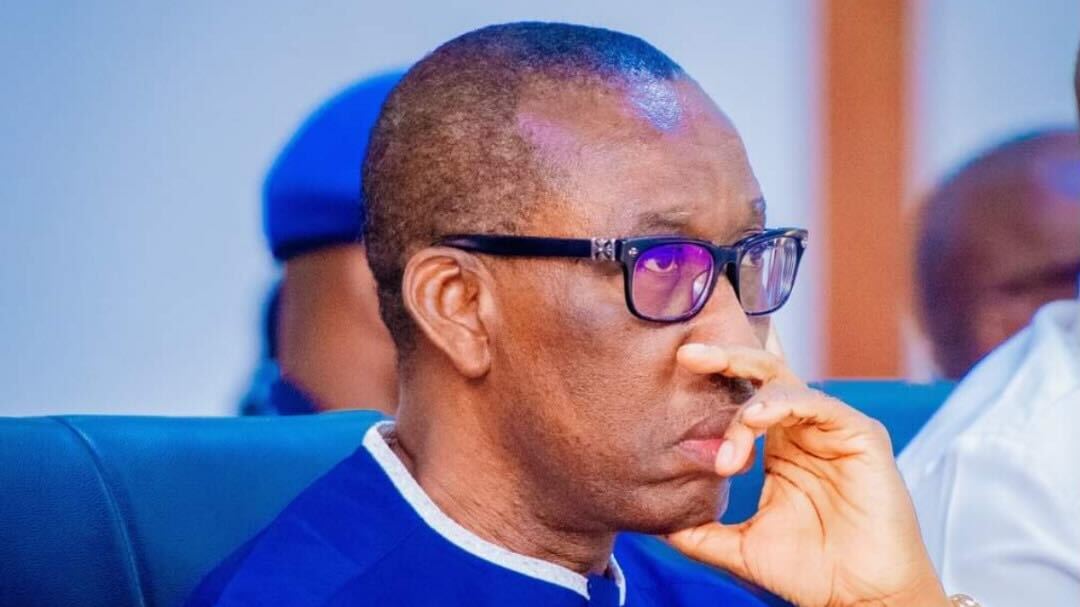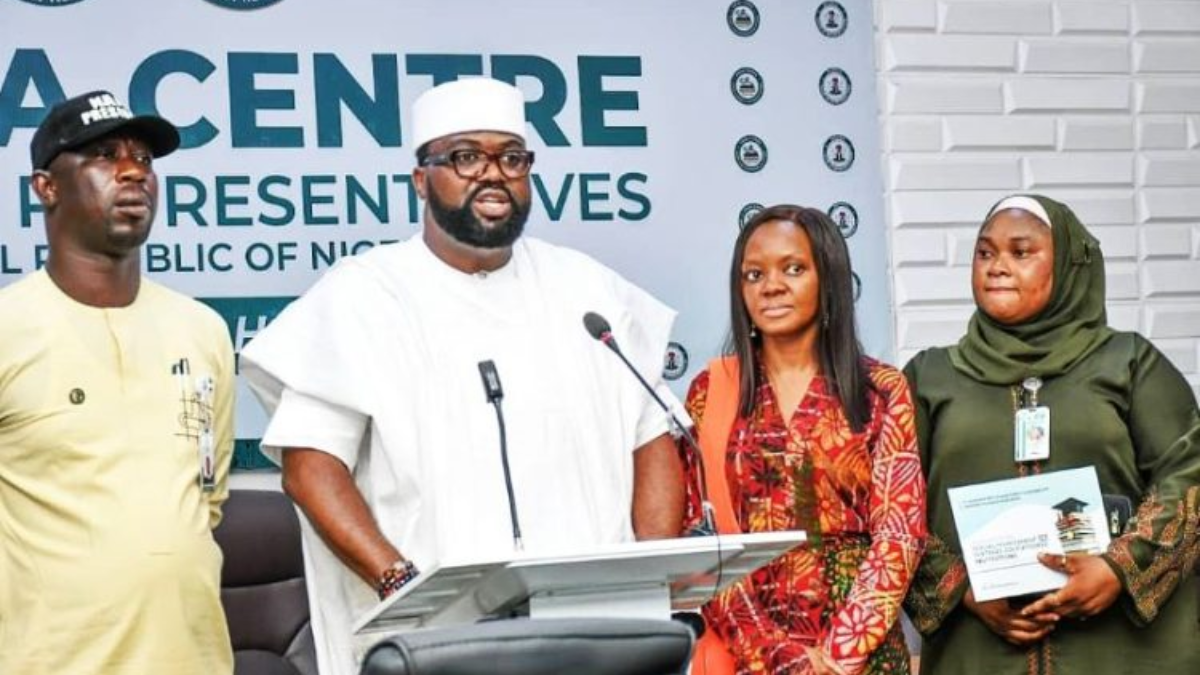Lawmakers in the House of Representatives are talking about a cool bill that will pave the way for young people in Nigeria to finally get a chance to run the country. It is called the Bill for Independent Candidacy and has just scaled its first reading on Thursday, September 26.
Goodbye to political parties, hi to equal opportunity
Unless you want to, you literally would not need to be a registered member of a party to contest for any political office of your choice if this bill becomes law. What this means is that political party membership would become an option instead of a necessity.
It also means that “most vulnerable populations such as women, youths, and persons with disability are given a level playing field, to explore opportunities within the political and electoral system,” Ibijoke Faborode, Executive Director of ElectHer, a Non-governmental Organization (NGO) says.
Hundred million Naira form, who?
During the 2023 general elections, young Nigerians watched in disappointment as political parties put their nomination forms at prices that were unrealistic for them to afford.
If you wanted to stand a chance at being the candidate of the All Progressive Congress (APC) at the last election, you needed to pay the following:
- Presidential form- ₦100 Million
- Governorship form- ₦50 Million
- Senate form- ₦20 Million
- House of Representatives- ₦10 Million
- State House Of Assembly form- ₦2 Million
But if the bill for Independent Candidacy is passed, more young people who have been discouraged by these prices would be able to contest because they wouldn’t need to buy nomination forms anymore.
Here’s all you’ll need
In place of nomination forms that you can’t afford, the drama, and the ugliness that usually comes with political parties, you would mostly need signatures to secure that position that you want.
If for instance, you are looking to contest for the Presidency, you need to get signatures of at least 10 percent of registered voters from two-thirds majority of all 36 States to be able to contest without joining a political party.
Suppose you are interested in being the Chairman of your Local Government Area (LGA). In that case, you need at least 10 percent of registered voters from a two-thirds majority of all electoral wards in your LGA to be able to contest without joining a political party. It’s the same for all posts; 10 percent of registered voters from a two-thirds majority of wherever you are running for office.
“The signatures of such voters are expected to be verified by the Independent National Electoral Commission (INEC) or the State Independent Electoral Commission in the case of local government elections, while no voter is allowed to write the name of another person.” Also, INEC will “prescribe a security deposit to be paid” by Independent candidates.
What are the odds of this bill becoming law?
If it succeeds, this bill might get Nigeria out of the trenches by giving equal opportunity to the younger generation, and more qualified people to take part in politics. Will it make it? Probably not, and this is because its brief history has proven it might not be given the time of day. An explanation:
The bill for Independent Candidacy has been around before. In 2018, former President, Muhammadu Buhari signed it into law as part of the Not Too Young to Run Bill but it’s unclear why it was never enacted.
In 2020, The House of Reps proposed the bill and In 2022, it was finally passed and given to former President Muhammadu Buhari for approval but again, nobody really heard much after that. In fact, in 2023, two NGOs sued the Nigerian governemnt at the ECOWAS court for delaying the passage of the bill. They also asked the court to “direct the Nigerian government to immediately implement” it for all future elections,” but the case was dismissed partly because Nigeria did not “file its statement of defense within the stipulated time,” and mainly because the ECOWAS said it doesn’t really have the authority to make Nigeria implement the bill.
Can you do anything about the bill?
Depends really. If Citizens like or dislike the idea of a bill enough, they can take some or all of these steps to influence its passage into law:
- Start a social media campaign to talk about it
- Call their reps to speak their minds about the bill
- Participate in public hearings organised by the National Assembly




